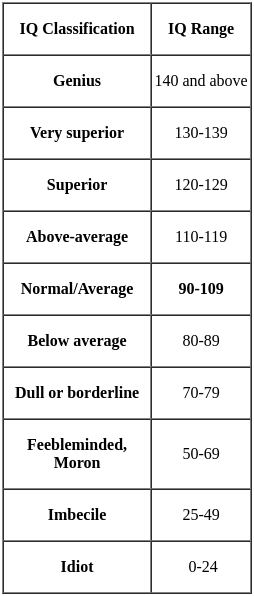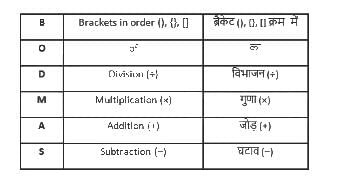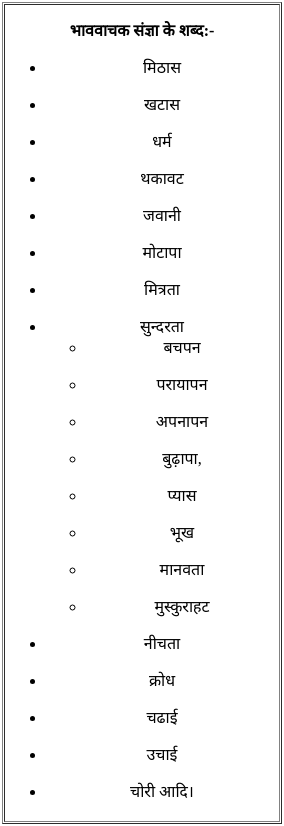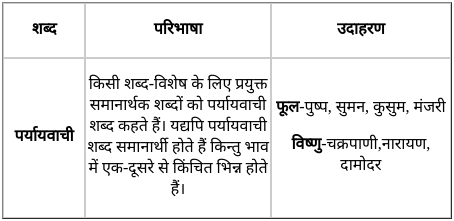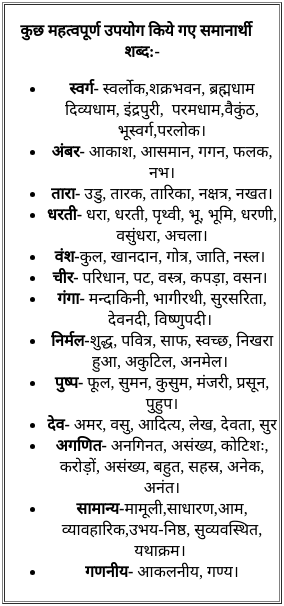MPTET Varg 3 Mock Test - 1 - MPTET MCQ
30 Questions MCQ Test - MPTET Varg 3 Mock Test - 1
The field of study concerned with the construction of thought processes, including remembering, problem-solving, and decision making is called __________.
Which of the following can enhance critical thinking among children?
Both the Chronological age and the Mental age of a pupil is 7 years. He may be the classified rate of which category?
Which one of the following is important in determining the curriculum of mathematics?
Which two signs should be interchanged to make the following equation correct?
12 – 8 + 4 ÷ 2 × 8 = 4
The correct understanding of mathematics develops when children
निम्नलिखित प्रश्न में, चार विकल्पों में से, उस विकल्प का चयन करें जो विदेशी शब्द का सही विकल्प हो।
भारत की सांस्कृतिक विशेषताओं से परिचिय कराने के उद्देश्य से पाठ्यपुस्तक में दिये होते हैं-
प्राथमिक स्तर पर बालक पैसा को पइसा तथा और को अकसर अउर बोलता है। इसका कारण हो सकता है-
शिक्षण का नवीन उपागम बहुकक्षा शिक्षण या MGML का आधार है-
Influence of the mother tongue can be minimized in the classroom by




